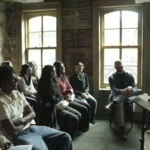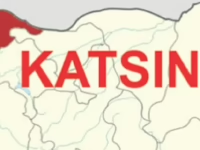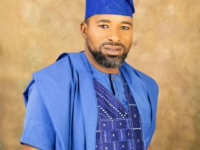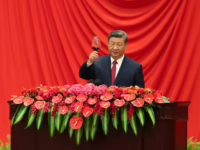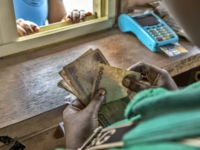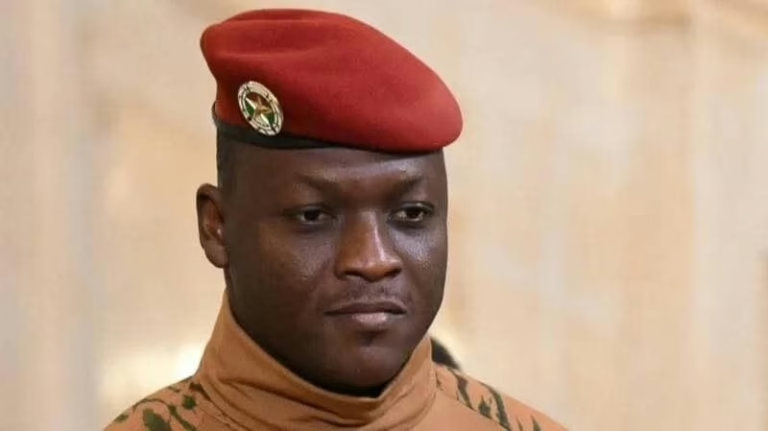Burkina Faso’s military leadership has firmly declined a proposal from the United States to accept migrants deported under the immigration policies reinstated by former President Donald Trump, labeling the request as disrespectful and undermining the nation’s honor.
In a televised address on Thursday evening, Foreign Minister Karamoko Jean-Marie Traoré revealed that the ruling junta had dismissed Washington’s appeal to receive individuals expelled from the US, many of whom lack any connection to Burkina Faso.
“We found this suggestion to be offensive and fundamentally at odds with our core value of dignity,” Traoré emphasized.
Since the Trump administration’s return, the US has escalated its immigration enforcement by deporting migrants to third-party countries, including several in Africa. Countries like Eswatini, Ghana, Rwanda, and South Sudan have reportedly consented to accept these deportees in recent months.
Nonetheless, Burkina Faso, which has been increasingly distancing itself from Western powers, has maintained a firm stance. Traoré accused the US of exerting undue pressure following the announcement by the American embassy in Ouagadougou that routine visa services for most Burkinabe citizens would be suspended.
The embassy clarified that visa applications from Burkina Faso would now be handled in Lomé, the capital city of neighboring Togo.
“Is this an attempt to coerce us? Is it a form of blackmail? Regardless, Burkina Faso stands as a nation of respect and refuge, not a place for forced expulsions,” Traoré asserted.
Since Captain Ibrahim Traoré’s 2022 coup, Burkina Faso has adopted a bold anti-imperialist approach, expelling French military forces, severing ties with Western allies, and deepening partnerships with Russia.
Experts interpret this recent confrontation with the US as part of the junta’s ongoing strategy to reinforce national sovereignty and resist Western dominance.
“Burkina Faso remains a land of dignity,” the foreign minister reiterated. “It is a destination for hope, not a site for deportation.”


